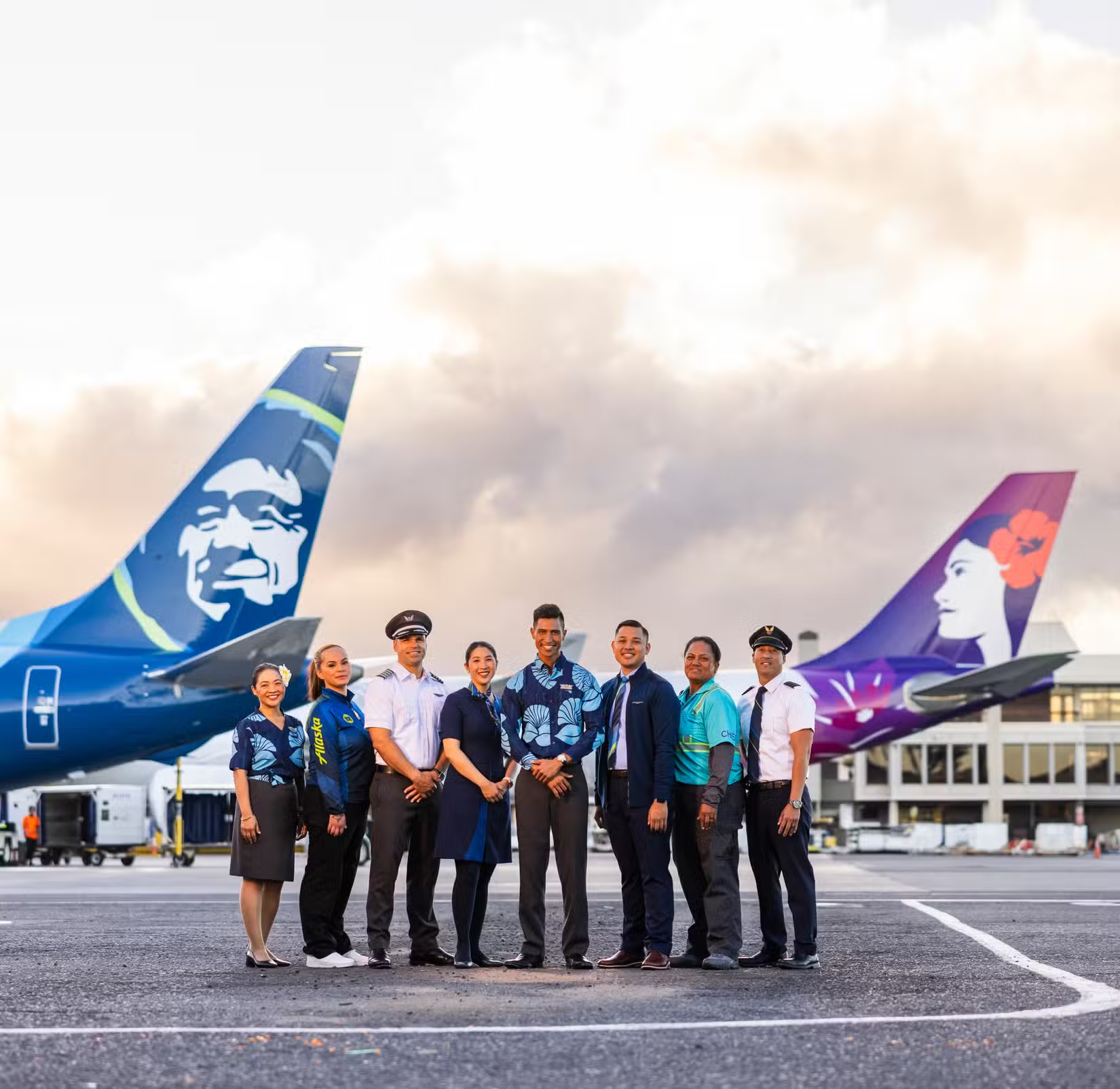Jobs
More Than 70 Hawaiian Airlines Employees to Lose Jobs Following Alaska Airlines Merger – Travel Radar

Hawaiian Airlines announced on Thursday that more than 70 non-contract employees will be laid off as a result of its merger with Alaska Airlines, a move that marks a significant step in the ongoing consolidation of the U.S. airline industry.
Layoffs for Non-Contract Employees
The layoffs, which will affect employees in administrative and management roles, are set to take place over the next few months. The decision to eliminate these positions is being attributed to overlapping roles within the newly merged airline.
The airline has issued a statement on the matter stating:
“These are never easy decisions, and we are committed to assisting those affected through this transition.”
It added that the airline assured employees that they would receive severance packages, along with job placement assistance.

The Merger in Full
The merger between Alaska Airlines and Hawaiian Airlines, which was announced earlier this year, is part of a broader trend of industry consolidation in response to rising fuel costs and post-pandemic shifts in travel demand. While both airlines have historically served different regions of the U.S. — Hawaiian Airlines focusing primarily on routes to and from the islands, and Alaska Airlines specializing in West Coast operations — the companies hope the merger will strengthen their competitive position in the market.
The layoffs highlight the potential downsides of such mergers, particularly for employees in non-unionized or non-contract roles, who are often more vulnerable to job cuts. Contracted workers, such as pilots and flight attendants, are not expected to be affected due to union protections.
This is not the first instance of industry-wide downsizing as a result of mergers. In the past decade, airline employees have faced similar reductions following the mergers of American Airlines and US Airways, as well as United Airlines and Continental Airlines.
Despite the job losses, industry analysts suggest that the merger will provide long-term benefits for both companies, including increased operational efficiency, expanded route networks, and stronger financial stability.
The merger is still pending final regulatory approval but is expected to be completed by mid-2025. What are your thoughts on mergers like these?









